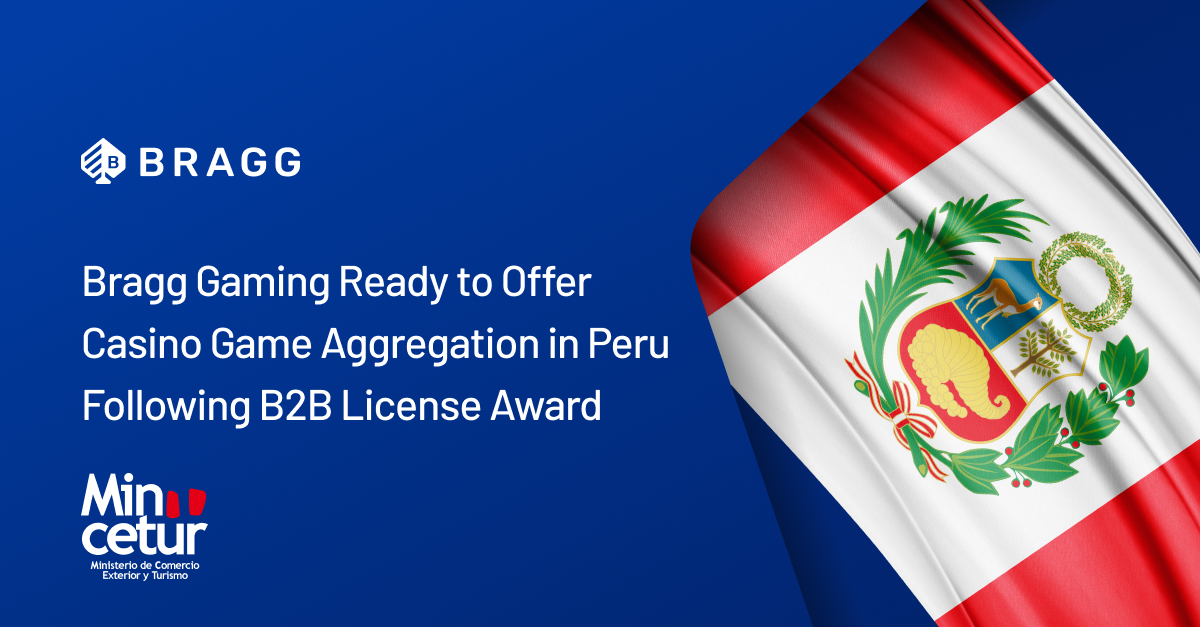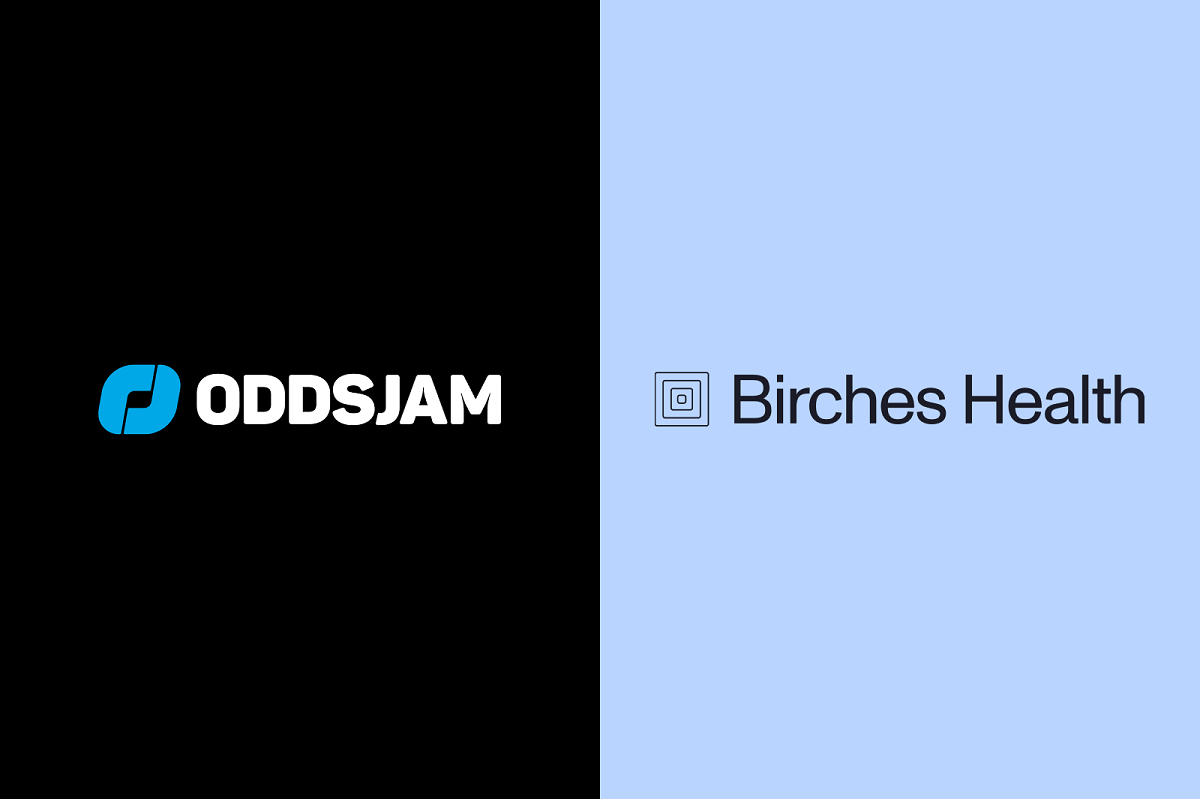
iCasino and lessons learned from across the pond
The rollout of regulated online casino in the US has been slower than many anticipated with only a handful of states having embraced the vertical alongside sports betting. But you only need to look to more established markets such as Europe to see that casino is the main driver of revenues, providing the stability that operators need for the market to be viable in the long term.
Even with the limited market size at present, online casino presents a massive opportunity stateside, but operators must deliver a world-class entertainment experience if they are to acquire and retain players at the scale needed.
This goes beyond bonuses and game selection and to more fundamentals such as seamless customer onboarding, a smooth in-app UX and localised payments.
Savvy US operators will be looking to established markets such as the UK to understand how they can continue to develop their iCasino offerings to not only meet but exceed consumer expectations.
It must be remembered that operators are competing with the likes of streaming, gaming and e-commerce when it comes to where consumers spend their entertainment hours and dollars, and this sets a very high bar for the overall customer experience. So where can the greatest improvements be made?
Martyn Hannah, Managing Director of online casino comparison site, Comparasino, says that payments are a key focus for players, especially when it comes to payouts.
Comparasino has a proprietary recommendation engine and from the data it generates it’s possible to understand emerging player preferences. Hannah says that more and more players are now searching for fast withdrawal casinos, as well as those that offer payment methods such as PayPal and Apple Pay.
“The methods available to players for depositing and withdrawing are an important factor players consider when deciding which casinos to play at. Visa and Mastercard are always a must, but many now want to make payments using digital and mobile wallets like PayPal, Google Pay and Apple Pay. This aligns with wider payment trends and the rise in usage of these methods for day-to-day transactions.
“Of course, a major upside to these alternative payment options is the transaction speed they provide, especially when it comes to payouts. Players want their winnings without delay, and digital wallets as well as open-baling solutions provide the near instant withdrawals they are seeking.”
Bonusing is another factor that players consider. Historically, operators in the UK have become locked in a bonusing battle with deposit matches getting bigger and literally hundreds of free spins being included in welcome offers. But recent regulation changes have meant that casinos have had to reign in their promos, making it harder for them to differentiate.
Hannah says this is not a bad thing as it gives online casinos the chance to change their approach to bonusing and be more transparent and fairer with the promotions they are running.
“With operators being limited on the bonuses they can offer to UK players, they are having to look to other ways to stand out from the competition. This has seen a rise in the number of no wagering bonuses, and this is absolutely a good thing.
“Wagering requirements are underhand, with most casual players not understanding how they work. By removing it and letting players keep their winnings, casino brands can build more trust with players and ensure their experience is positive from the off.
“US online casino operators really should consider doing away with wagering requirements, especially in the early days of the market where acquisition costs are rising and players are happy to jump between brands until they find the one that really offers what they are looking for. By removing the wagering requirement, they better position themselves as a brand for players to go back to having had a great first experience.”
Even in established markets such as the UK, there is still a lot of player education that needs to take place, certainly around areas like player onboarding and the information they are required to give to the casino, as well as why transactions can be delayed and even how slot games work.
Hannah says this is why operators should work more closely with online casino comparison sites as they do a lot of work when it comes to building trust between player and brand and educating players about the world of online casino.
“At Comparasino, we see it as our responsibility to help players understand how online casino works, from how payments are made to the responsible gambling tools they can use to stay in control of their play. To help with this, we recently launched a blog where we are compiling articles, interviews and explainers from experts across the industry.
“US online casino operators should look to work more closely with their affiliate partners when it comes to player education and even supplement this with their own knowledge hubs for the players already signed up to their brands.”
iCasino may have had a slow rollout in the US so far, but over time additional states will undoubtedly extend their regulations so that licensed operators can offer it. But until then, there’s still a huge opportunity to explore and the brands that offer a truly compelling player experience will be the ones in the driving seat to maximise this and enjoy long-term success in the market.
By looking to brands in established markets such as the UK, operators can see exactly what players expect and then make sure they are offering it to them.










